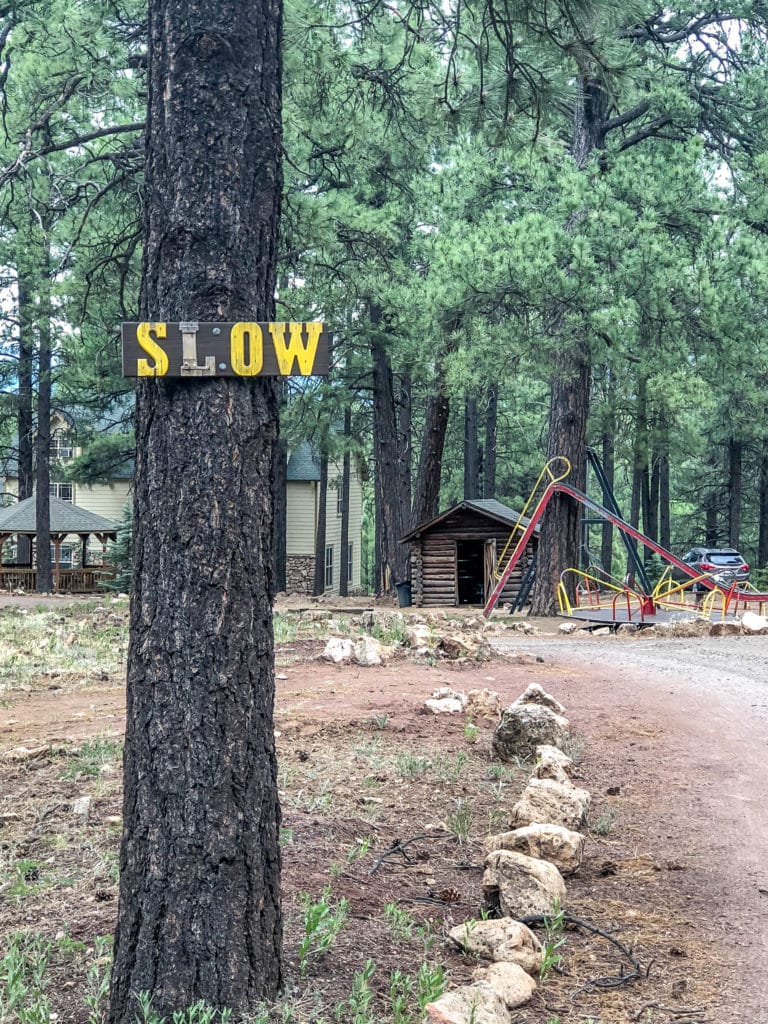You are not the only one who is overwhelmed by homeschooling.
I wrote these words on January 24, 2005, shortly after we pulled our oldest son, Nathan, out of first grade at semester:
I’m a state of shock. It’s our first day homeschooling, and I have no rhythm, no flow, no sense of managing my time or my children in any way that makes sense…

Yes – we chose homeschooling and I was overwhelmed anyway. Despite the fact that we had more than a month between our decision and the official start of our homeschool and despite the fact that all involved parties wanted to homeschool, we still struggled at the beginning.
I’d forgotten that. With 7 ½ years of homeschooling (plus working from home) under my belt, I’ll admit that I initially felt a little superior to all the parents who are currently discovering the world of homeschooling for the very first time. I urged new-to-homeschooling parents to lower their expectations and told them it’s perfectly OK to focus on connections, closeness and creativity instead of curriculum right now.
But I’d forgotten the enormity of the transition. Then I re-discovered my journal. Some excerpts:
Jan. 29: One week of homeschooling done and I’ve spent half of it being violently ill. In my fever-induced delirium the other night, it occurred to me that this sickness might not be all together co-incidental.
Feb. 2: Today ended with Nathan sobbing and asking – no, insisting – that he got back to school. Part of me wants to scream, “What in the world make me think I could do this?” …My biggest struggle is between feeling like I should be accomplishing things – He should write! He should do phonics! He should do handwriting! He should do math! – and relaxing and letting him be. I don’t know how to find balance.
To all of you who are currently struggling to find balance, I say, It’s OK. If homeschooling has taught me anything, it’s that academics aren’t nearly as important as we’ve all been led to believe. Yes, learning is important, and learning how to learn is crucial (And, in the end, what you’ll likely focus on, if you continue to homeschool.) However, keeping up with the curriculum is not important, and neither are As, Bs, Cs, Ds, or Fs. The whole idea that all children should have certain skills mastered by a particular age is really kind of silly construct; children grow unevenly, each at a unique pace, on an individualized path.
Don’t simply attempt to power through overwhelm. That’s a recipe for exhaustion, resentment and burnout. Here’s what to do instead:
Go slow. We are all currently using a lot of intellectual and emotional energy to cope with our ever-evolving circumstances. Cut yourself – and your children – some slack. If your child’s teacher hasn’t yet provided any at-home direction, don’t worry about learning and education at all right now; your child is learning plenty simply by living through this historical time.

If your child’s school is providing digital instruction, encourage your child to complete the lessons. However, don’t push too hard. If your child is struggling (or simply resistant), focus on one class at a time. Don’t stress about math and science and history and English – pick one to work on right now.
Communicate with your child’s teachers so they know what’s happening.
Take care of yourself. Now, more than ever, it’s important to get enough sleep and physical activity. You have a lot on your plate, but it’s crucial to prioritize your physical and emotional health. So, be sure to pencil in time for yourself too – time for phone calls and video chats with friends; time to create, sing, dance or build; time to reflect and rejuvenate.

Expect meltdowns. We’re all under a lot of stress right now. We’re living in close quarters and adjusting to entirely new ways of working and learning, and many of us have had to temporarily stop the activities that normally keep us sane. (Think sports, choir and girls’ nights out.)

You will melt down. Your kids will melt down. That’s OK – stress and struggle is part of the growth process. Arguments, resistance, tears and raised voices do not mean that you’re failing; those reactions are simply a sign that you’re working through something hard. Give yourself (and your teen) time to regroup. Apologize, if needed. Forgive yourself and each other. Then, move on.
Trust and love. On February 2, 2005, I also wrote, “In my effort to ensure he’s ‘learning,’ I’m forgetting to love him. I need to spend more time just loving him. I need to trust his intelligence.
We can do this, but I need to let go. Homeschooling is like jumping off a cliff. I jumped, but then a froze up. I’ve been frantically grabbing, seeking control. Instead, I need to relax, stretch out my arms, close my eyes, love my child and see where we fly.”

Love your child. Trust. Together, you can fly.
I promise.






